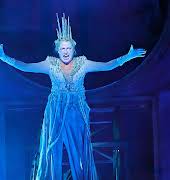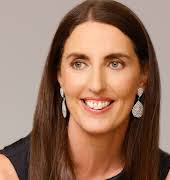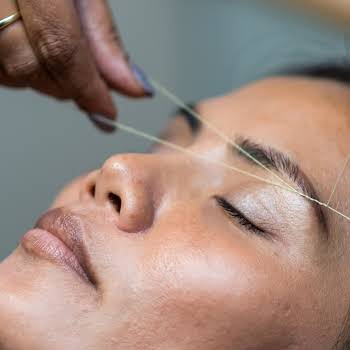
By Colette Sexton
14th Nov 2018
14th Nov 2018
On Monday 19th November, we’ll be celebrating our twelfth annual IMAGE Businesswoman of the Year Awards. Women in business are amazing, and we can’t wait to celebrate their successes and achievements. In this piece, Colette Sexton, news correspondent at The Sunday Business Post, discusses why many feminists still find it difficult as the breadwinners; if they make more money than their male partners.
You might be a strong independent woman with a high-powered, high earning job, but you still want your partner to make more money than you. You are not alone.
Last year, a Pew Research Center survey found that almost one-third of women who are either married to or living with a man contribute at least half of the household’s total income. This is a massive leap in less than three decades. In 1980, just 13 per cent of married women earned more than or the same as their husbands. However, despite this huge change, seven in 10 adults said that it was “very important” that a man was able to support his family in order for him to be a good husband or partner. Only three in 10 said the same about women.
A separate American study has found that better-educated women still prefer higher-earning husbands. The study, entitled Gender Asymmetry in Educational and Assortative Marriage, is based on data from the 1980 census and the American Community Survey 2008–2012. It found that women now were 93 per cent more likely to marry men in higher income brackets than themselves among couples in which the wife had more education than the husband than among couples in which the wife had less education than the husband. Speaking about the study, its author, Yue Qian, assistant professor of sociology at the University of British Columbia, said that as long as the gender pay gap exists, it does not matter how educated women are because it will still be incredibly difficult to redefine gender role expectations in American families.
Journalist and author Liza Mundy told The Telegraph in 2014 that she was surprised during the course of researching her book, The Richer Sex: How the New Majority of Female Breadwinners Is Transforming Sex, Love and Family, women struggled with being the breadwinner more than men struggled with having a high earning partner.
“I found some men felt threatened by their partners’ high-earning status and retaliated against it, but mainly it was women who were having problems coming to terms with the situation and were surprised that it bothered them so much,” she said. “Women are brought up to expect parity, but they’re dismayed to be out-earning men because of the pressure it entails.”
It is a funny world we live in. After centuries of patriarchy, we are slowly, slowly, slowly starting to see cracks appearing in the glass ceiling. More and more business, political and societal leaders are speaking about diversity and more women are getting to the top. But the fact is that we still live in a society with those traditional patriarchal norms. So, as much as we say we are feminists and value the equality between sexes, sometimes there is a niggle in the back of our minds that still drags us back to the idea that men should be the leaders; politically, socially, and financially. All we can do is be aware of these societal biases that have been instilled in us and try to fight them as best we can. Change is coming, but undoing hundreds of years of patriarchy takes time.
Join us across our social media platforms on Monday, 19th November in celebration of Ireland’s most inspiring businesswomen. Leading influential businesspeople are invited to come together and recognise and celebrate women in business across all areas of the Irish and international business world.
























